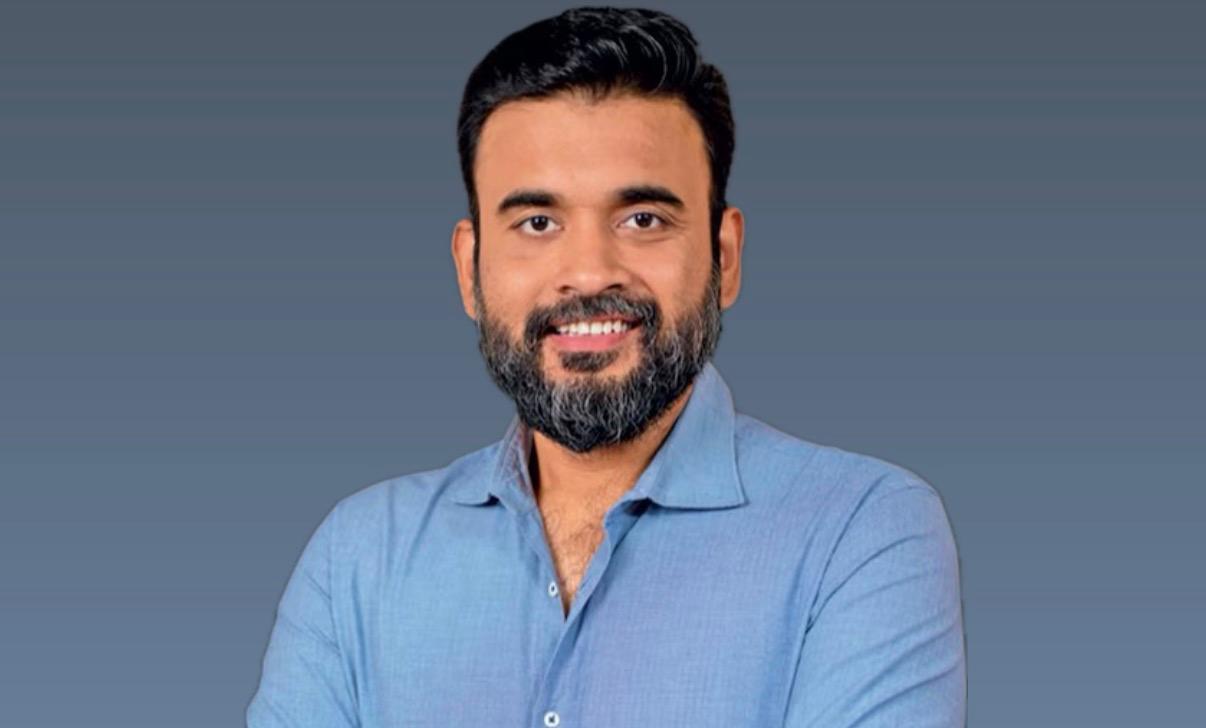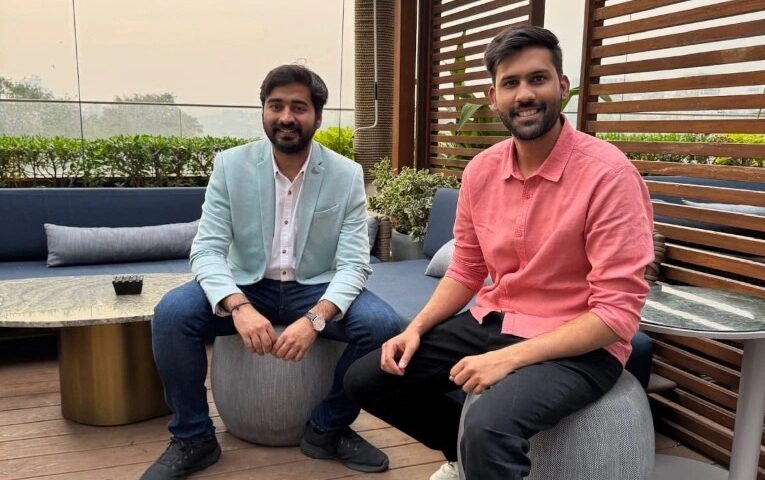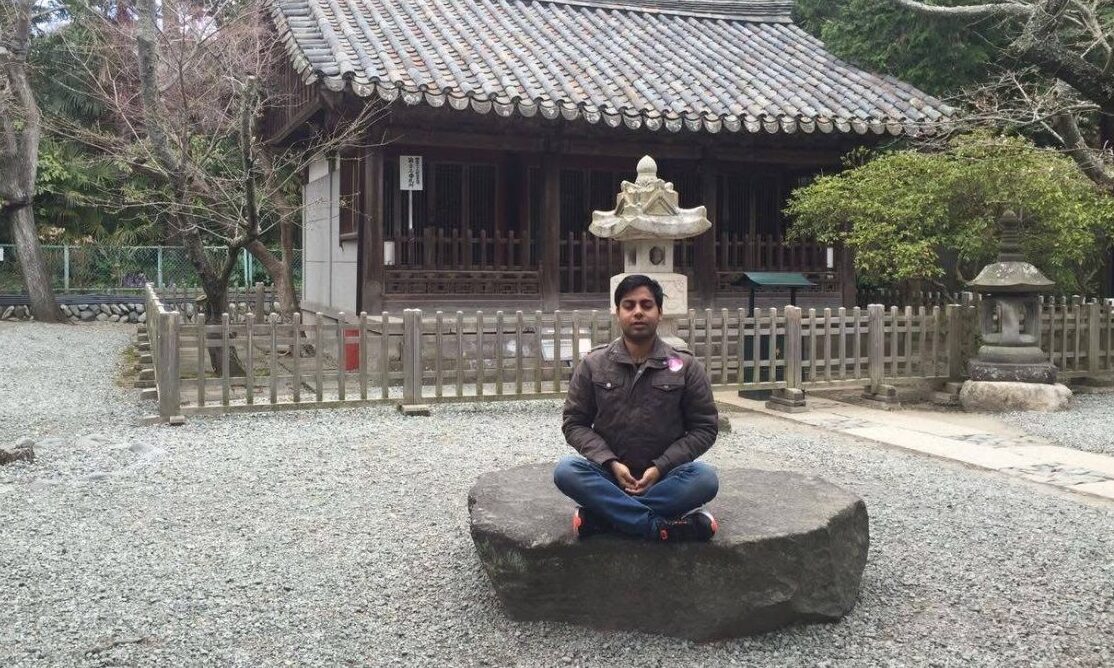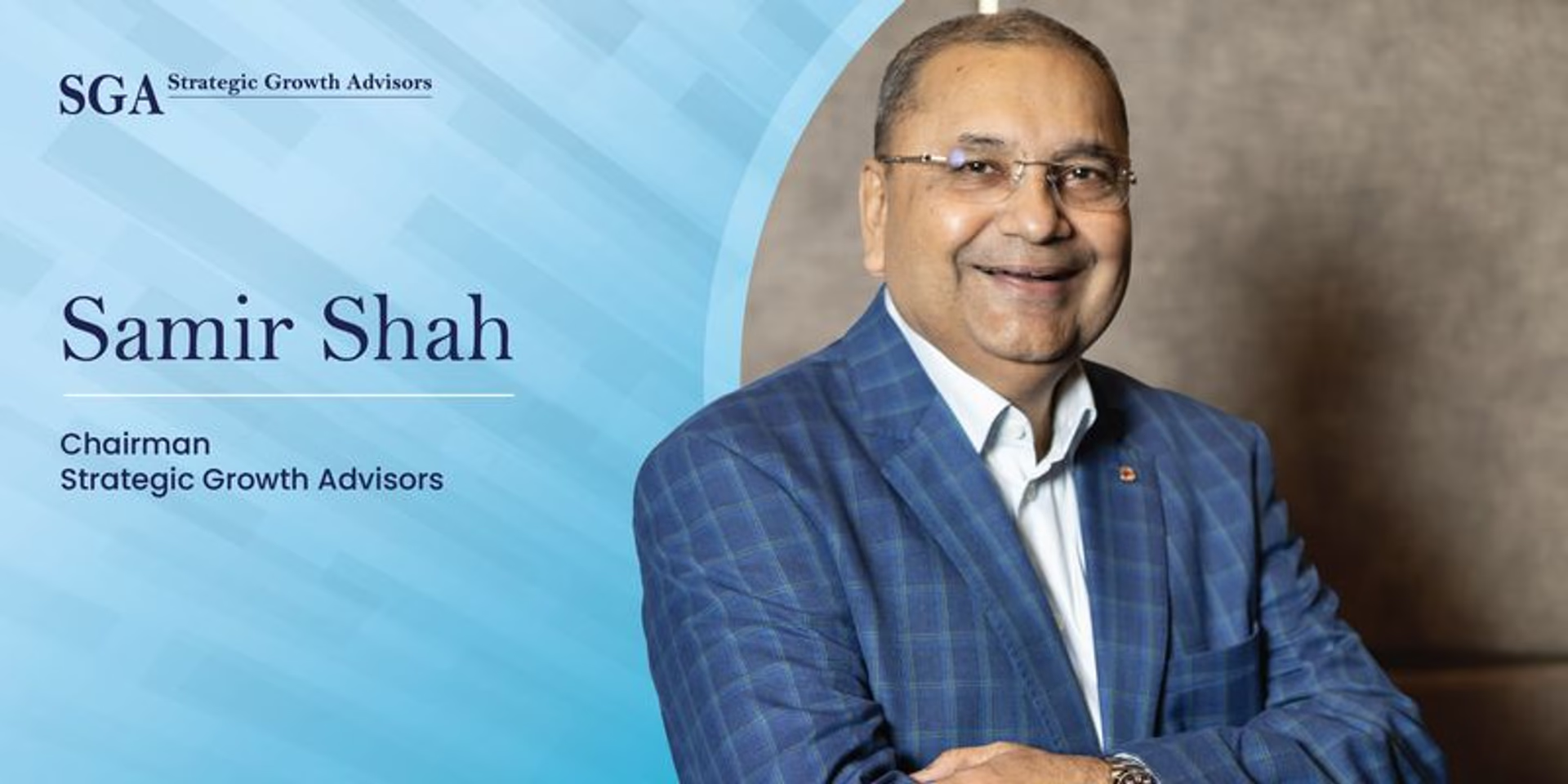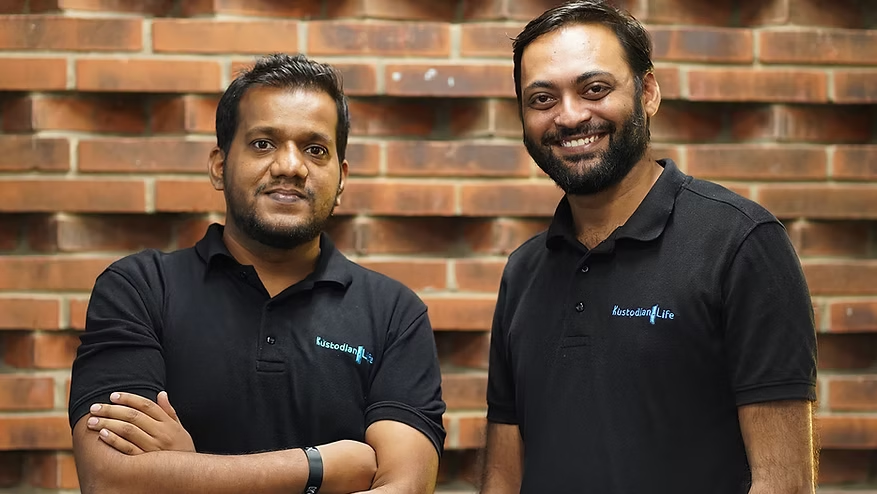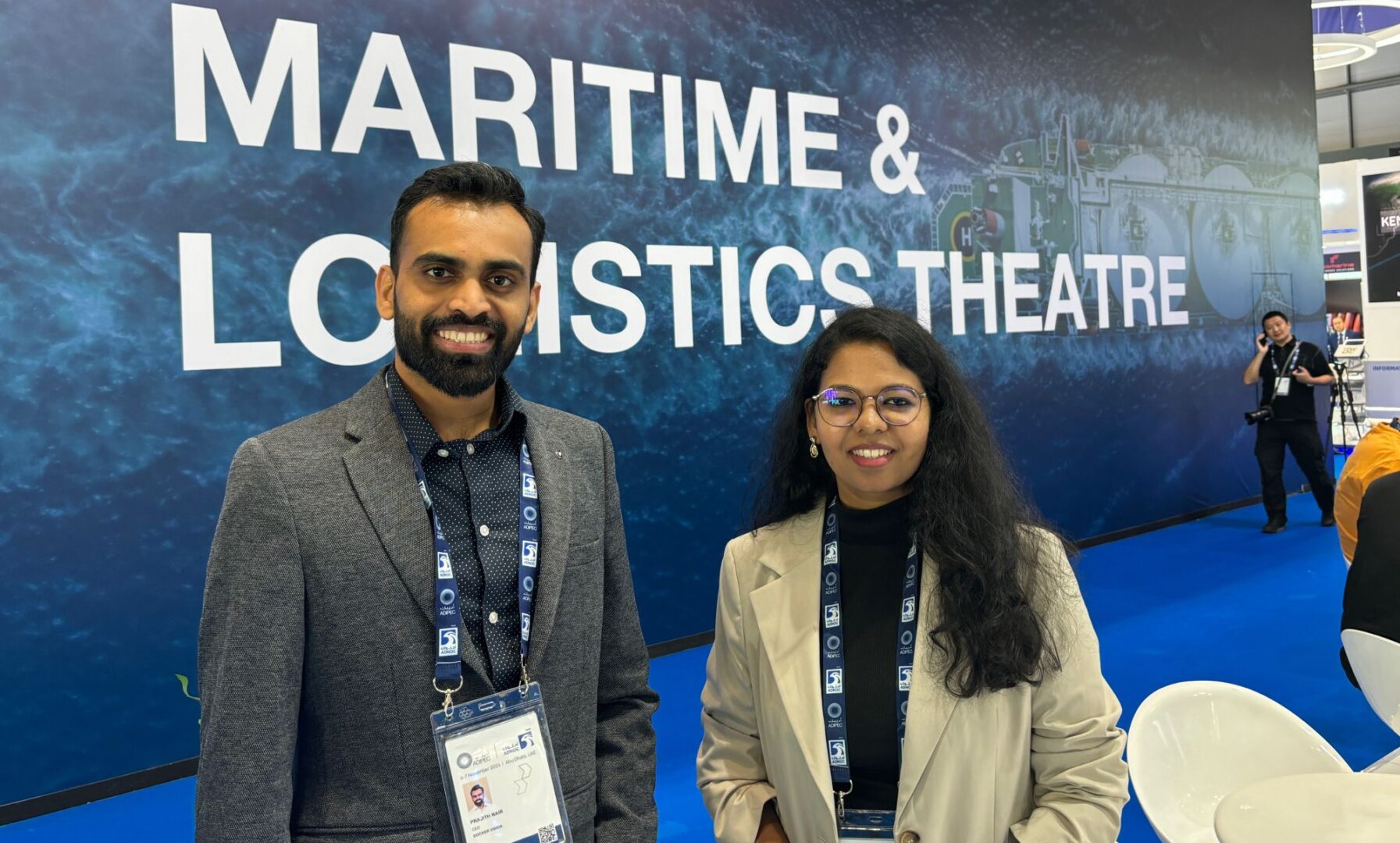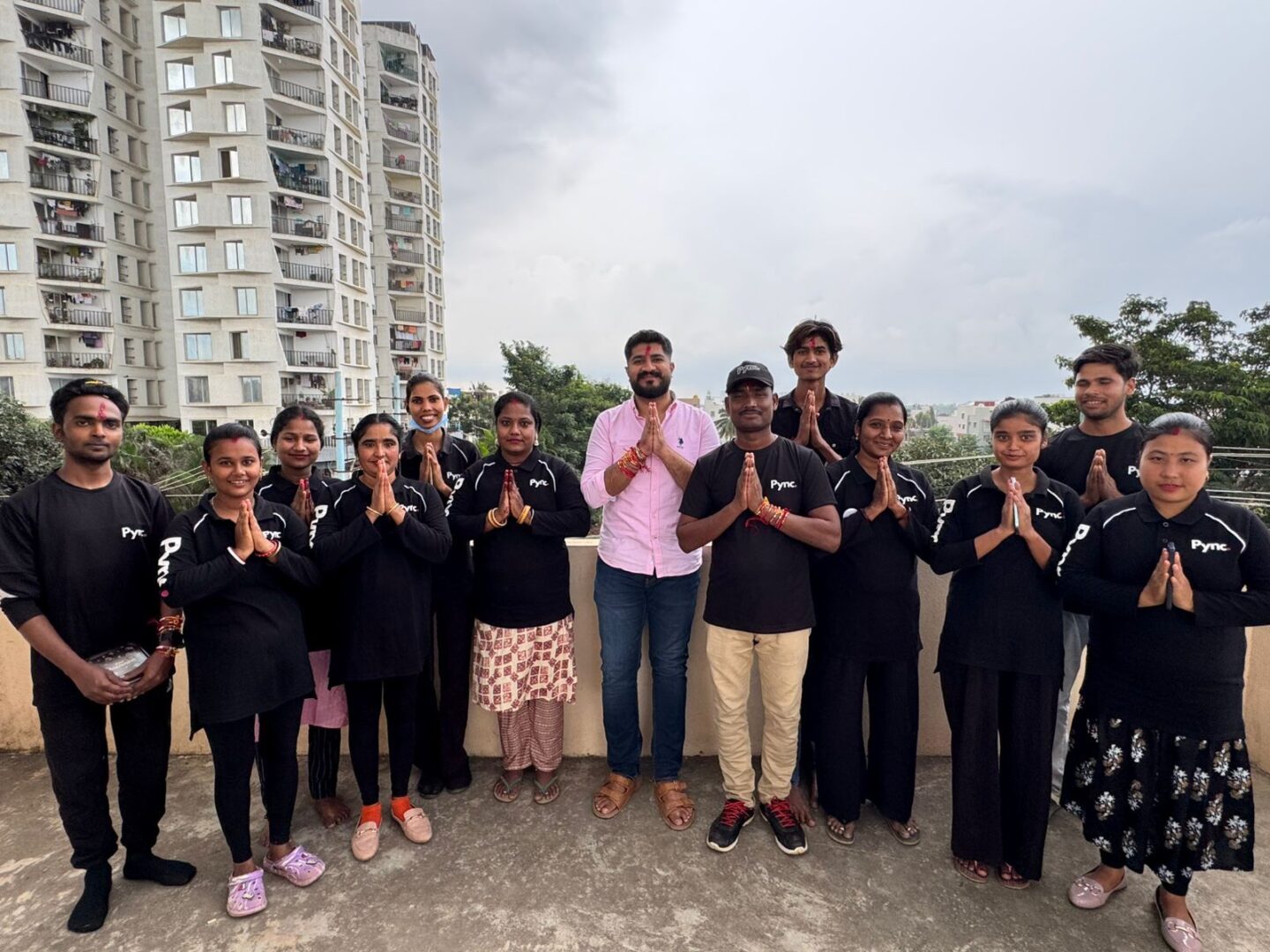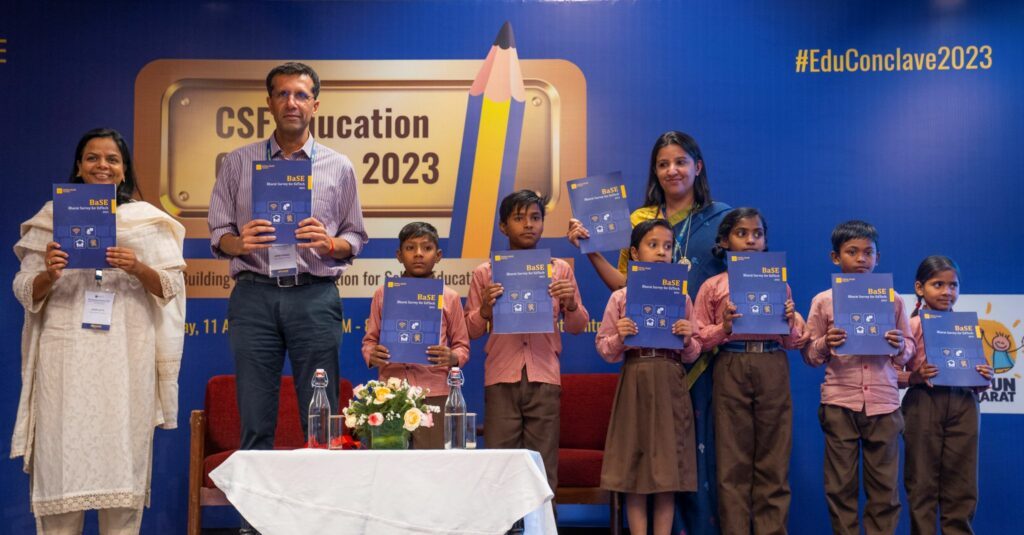In a candid LinkedIn post dated August 9, 2025, an AI startup founder named Sudhir P. called out a toxic trend in Indian hiring culture, especially within the SaaS industry. He criticized how many employers treat exits like betrayals and rely on reference checks that are tainted by personal grudges rather than objective assessments.
Reference Checks Reinforced by Ego, Not Merit
Sudhir shared his personal experience: “One CEO blocked me on every single platform the day I resigned… Another gave me a slanderous reference… even though we parted on a handshake,” he recalled. He condemned the use of past managers’ biases as proxies for present potential and concluded, “I don’t care what your ex-manager thinks… it’s rotten beyond repair”. His message resonated on LinkedIn, sparking discussions about ego, power, and fairness in the workplace.
The Bigger Problem: Hiring for Comfort over Capability
This is not a unique opinion. Earlier in 2025, Amit Gupta, the director of startup Factoryal, expressed a similar worry: Indian companies often hire people not for their skills but to please the decision-maker.” He argued that “culture fit” masks deeper biases, around language, region, even surnames, and stifles innovation. Gupta’s post sparked a lively discussion on LinkedIn. Many professionals criticized the focus on being submissive instead of being competent.
Why This Matters for Indian Tech
Hiring based on ego, past conflicts, or a shallow sense of fit can lead to serious problems. Companies might miss out on top talent and hold onto outdated workplace cultures. In the rapidly changing world of SaaS and AI, innovation cannot thrive where conformity is valued over ability.
Shifting to a Future-Forward Hiring Mindset
Sudhir’s call to move beyond reference checks rooted in resentment is more than just bold, it’s necessary. Companies should:
- Evaluate candidates based on their current skills, not on what others say they did in the past.
- Embrace fair, skills-centric hiring frameworks that reduce bias.
- Value career exits as transitions, not betrayals.
In short, the most innovative teams will be built by looking forward, not lingering in the past.
Also Read: How Petzzco and Raj Kantak Are Changing Pet Care in India?










